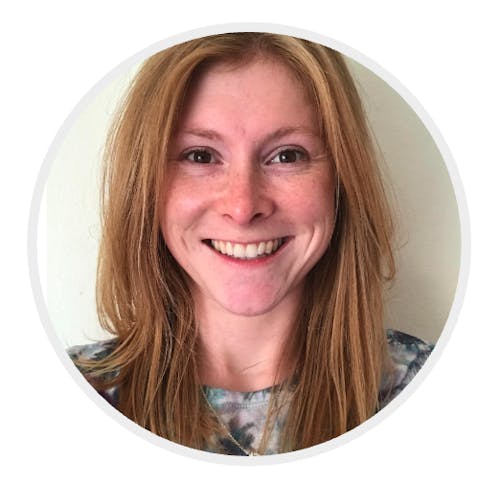I’m an Earth Sciences research fellow at the University of Cambridge, broadly interested in igneous rock geochemistry. I completed my first Outsmart project a few years ago during my PhD while on a research trip in the USA for a couple of months.
I have since worked on 10–15 different projects. Some have been small contributions, such as searching for emerging technologies, but I have generally been more involved in writing for final publications. More recently, I have led Trend Foresight projects, managing them from initial research through expert interviews to report drafting and completion.
With a Natural Sciences background alongside my Earth Sciences PhD, I have particularly enjoyed projects that combine sustainability with materials science and chemistry, such as developments in low-carbon aviation technology. My favourite project has been a Trend Foresight report focusing on rare earth elements. I was thrilled when I was approached for this project, as it directly aligns with my current research, allowing me to tap into my existing industry network. It was a lot of fun to dig into the wider global context of my research but to write about it for a completely different audience than the scientific papers I’m used to.

One of the great things about being an Associate is that you have complete control over your work commitment. Project turnover is relatively fast, so if there are a busy few months coming up you can steer clear of big projects but know that more opportunities will come around. Since many projects involve research and writing, they can be easily fitted around strict lab schedules. I’ve also found it convenient to work on projects while traveling, as you’re not tied to UK working hours.
For me, one of the most valuable aspects of working with Outsmart is the exposure to new technologies, companies, and experts, which provides a broader context for my research. These insights can become useful talking points at networking events or help you discover companies you might want to work for in the future. Regardless of whether or not you want to stay in academia, understanding how scientific progress can directly impact industry (and learning how to communicate this to a non-specialist audience) is both very motivating and a brilliant skill to develop.
Looking back to when I first joined Outsmart working on identifying emerging tech, I didn’t realise how much variety in project type I would be able to get involved with as I gained experience. Knowing about that variety (and not over-committing to smaller parts of projects unless you want to) is important to make a successful balance between being an Associate and a postdoc. Your skills as a postdoc leave you well-placed to lead big projects and manage groups of Associates. Working up to that sort of role is also well-rewarded at Outsmart – enough to pay for an exciting summer holiday to that volcanic island you’ve always wanted to visit (or maybe that’s just me…) – so it’s well worth your time!
